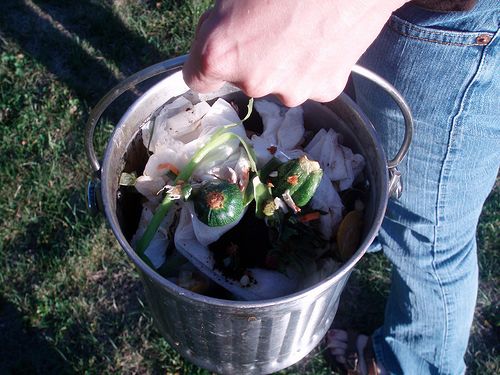
No matter how much time you have (or the length of your attention span), there’s a composting style for you. “Hot” or “fast” compost is exactly what it sounds like; core temperatures can range from 113°F to 160°F. “Warm,” or “hybrid,” compost doesn’t get as hot or break down as quickly, but it’s respectable and requires very little attention. Then again, if you just want to toss it and forget about it, that works just as well, although the material will take the longest amount of time to decompose.
All three composting styles need four ingredients: equal amounts of greens (grass clippings, kitchen scraps, etc.) and browns (dried leaves, straw, etc.), as well as water and oxygen. Compost piles will be their best if they’re built touching the bare earth. Naturally occurring micro and macro organisms will quickly be drawn to your pile, which is exactly what it needs to get things cooking. All types will need air and water also.
There are several ways to keep air in a pile, but the easiest way is to turn it. You can use a pitchfork and turn the pile over, or move the pile from one place to a spot right next to it. It should be turned once or twice a week—or never depending on how fast you’d like it to break down. It’s how you balance the basic four ingredients—greens, browns, moisture, and oxygen—that determines whether you have a hot, cold, or warm (hybrid) compost pile.
Hot-composting tips
- A hot compost pile needs to be at least 3 feet by 3 feet by 3 feet in order to heat up; a bit wider and taller is even better. A hot pile will produce compost in about eight weeks.
- Try to build a hot pile all at once. Once you have a nice-size pile going, don’t add more to it; just work it until it has broken down (finished) into fluffy, earthy humus. Periodically adding more material to the pile will add more decomposing time.
- Turn (aerate) this pile a couple of times per week to get things hot in there. Don’t try to rush it by turning every day; the bacteria have to have some time to do their thing.
- Keep the moisture steady. Get water into the pile as you’re turning or moving it. I like to have a garden hose handy, and I water things down after I’ve moved a few forkfuls of organic matter. Don’t get the pile sopping wet—just thoroughly damp like a wrung-out sponge.
Cold-composting tips
- “Cold,” or “passive,” compost piles break down slowly at temps that are 90°F or lower. At these temperatures, you’ll have garden gold in about six months to a year or more. It’ll depend upon the season and what you’re tossing in there. Still, who cares? Where’s the fire, right?
- This is the no-work composting system. Toss your greens and browns together willy-nilly, add some water once in a while (or never), aerate now and again (or never), and Mother Nature is still going to do what she’s great at—decompose.
- A cold pile is one that you may want to keep hidden because it takes so long to break down; you may consider it unattractive. There’s also the chance that this type of pile could potentially become smelly—especially if you never give it oxygen (aerate).
- Cold piles have a certain desirable quality, however. High temps in a hot compost pile kill off certain fungi and bacteria that help suppress soil-borne diseases in the vegetable garden. These beneficial microbes are left intact in the humus produced by a cold pile.
Warm (hybrid) composting tips
- I gave these compost piles, which are “halfway” tended, the moniker “hybrid,” or “warm,” because I had no idea how else to describe them. This is the composting technique that I use most of the time.
- This is a happy-medium compost pile that’s neither ignored nor pampered. I start it out as if I were building a hot pile. I add green and brown material in equal parts. I wet it thoroughly and toss it around.
- After that, I turn it once about every couple of weeks. At that time, I add some water as well. It gets just enough love to keep things smelling nice and moving forward, but it might take as many as 14 weeks to break down.
Fine Gardening Recommended Products
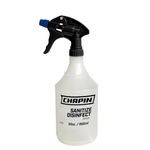
Chapin International 10509 Upside-Down Trigger Sprayer
Fine Gardening receives a commission for items purchased through links on this site, including Amazon Associates and other affiliate advertising programs.
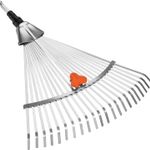
Gardena 3103 Combisystem 12-Inch To 20-Inch Adjustable Metal Fan Rake Head
Fine Gardening receives a commission for items purchased through links on this site, including Amazon Associates and other affiliate advertising programs.
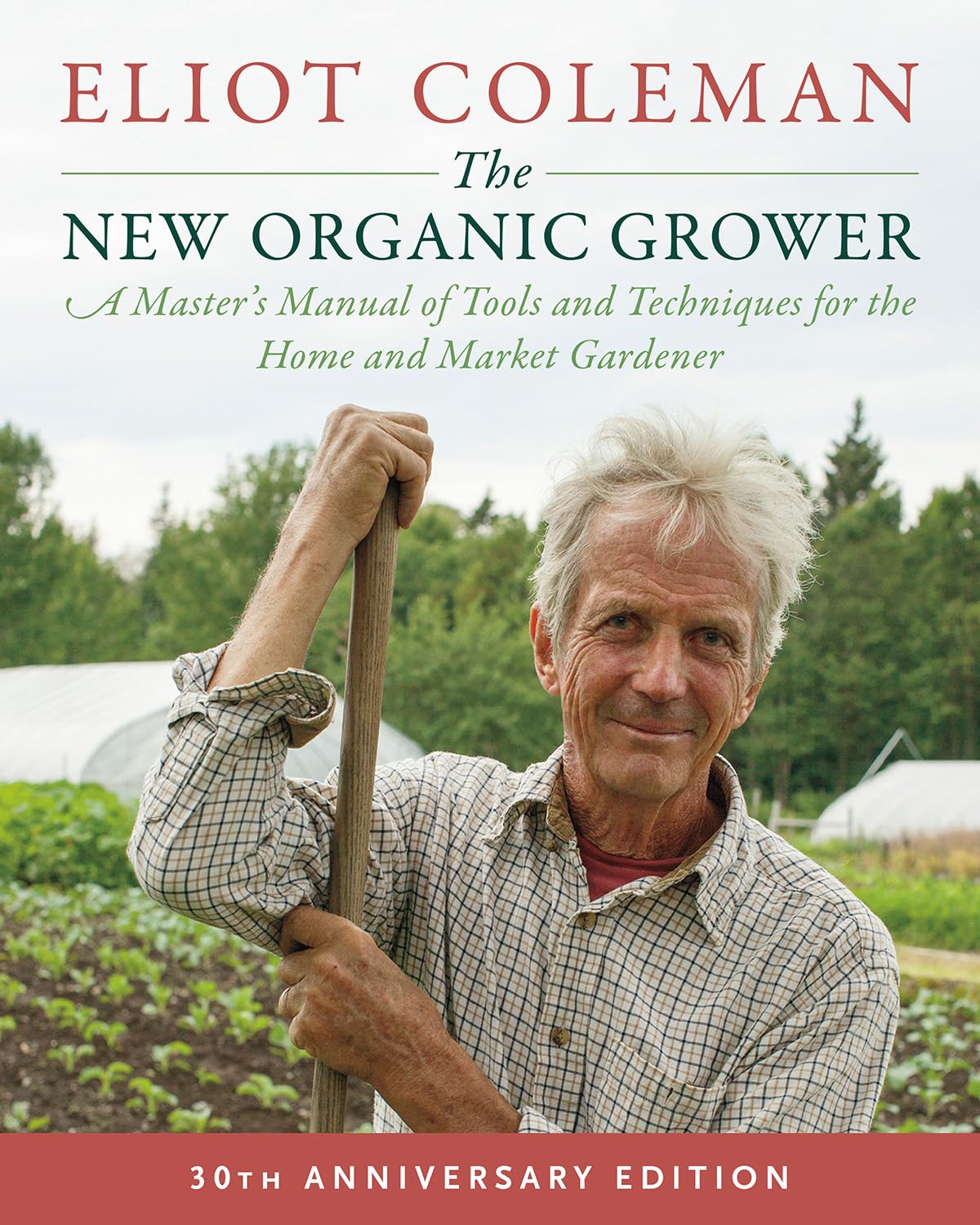
The New Organic Grower, 3rd Edition: A Master's Manual of Tools and Techniques for the Home and Market Gardener, 30th Anniversary Edition
Fine Gardening receives a commission for items purchased through links on this site, including Amazon Associates and other affiliate advertising programs.


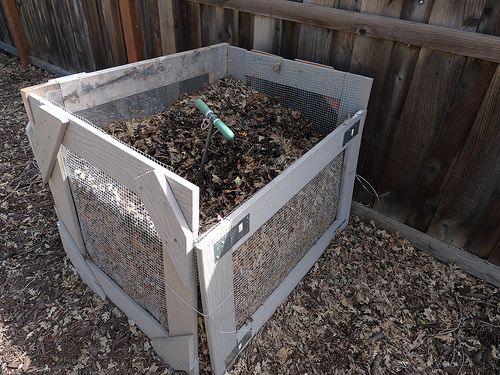
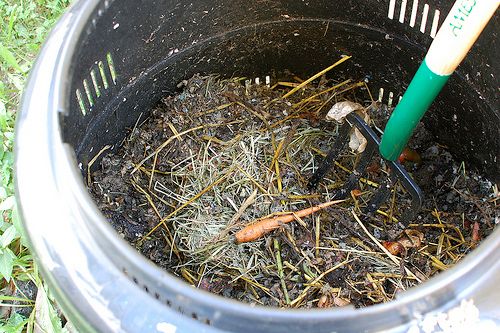





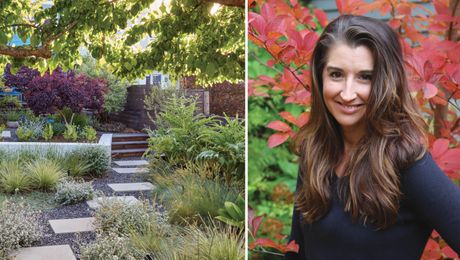
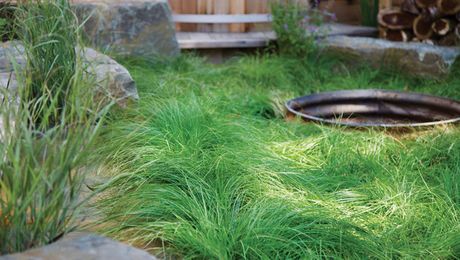










Comments
Log in or create an account to post a comment.
Sign up Log in